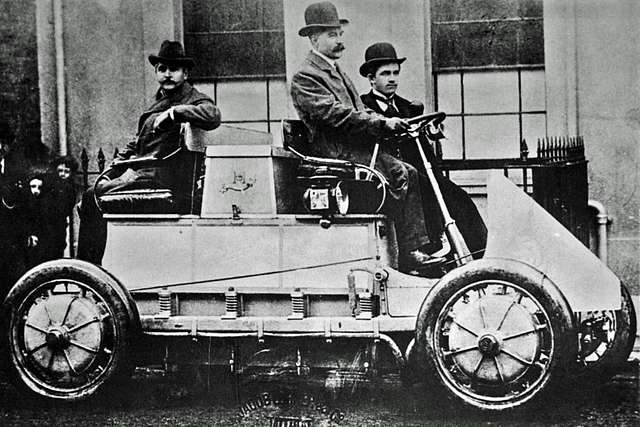Industry News
Volkswagen High-End Vehicles Detained under Forced Labor Law
TweetFeb. 16, 2024
By:
Hannah B. Kreinik
UFLPA has come knocking on the door of auto manufacturers with CBP’s latest enforcement efforts. For those who are unaware, UFLPA enforcement begins with the rebuttable presumption that any goods arriving from the Xinjiang region of China were made with forced labor and requires the importer to demonstrate, with clear and convincing evidence, that the goods were in fact not affected by forced labor. Sheffield Hallam University has alleged the use of forced labor in the automotive sector, and its published reports have been utilized by CBP to detain goods under UFLPA (see our prior article on the topic here).

Volkswagen is the latest company to feel the pressure from CBP on the forced labor front. According to news reports, Volkswagen's higher-end vehicles, specifically thousands of Audis, approximately 1,000 Porsches, and hundreds of Bentleys, are being detained by CBP. The detention appears to be based on the UFLPA presumption of forced labor use for an electrical component of the control unit in all the vehicles. The component was manufactured by a secondary supplier in the Xinjiang Autonomous Region. Although the use of forced labor does not appear to have been confirmed, Volkswagen is moving quickly to replace the impacted components with others not produced in Xinjiang. The replacement process will likely last until the end of March.
Supply chain due diligence has never been more important than it is in the day and age of UFLPA. Any detentions, withhold release orders, or findings by CBP can result in a severe delay to business and even the loss of business. Importers should be vigilant of their supply chains and map out their production lines all the way to their raw materials to avoid any UFLPA or other forced labor violations.
It is no longer an option to knock on wood and hope for the best when it comes to forced labor. The attorneys at Barnes, Richardson & Colburn can help your company trace its supply chains to ensure they are clear of forced labor and in compliance with UFLPA.
